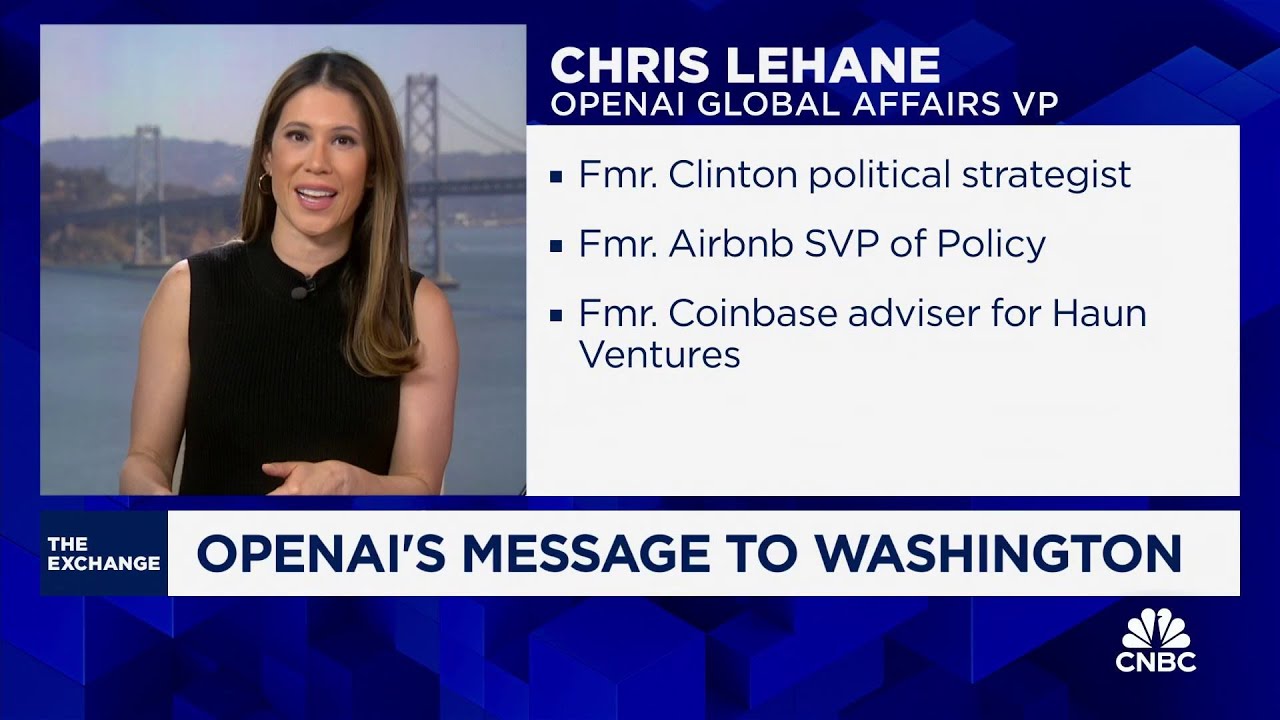Chris Lehane, OpenAI’s new head of global affairs, outlined his vision for AI regulation, emphasizing the need for the U.S. to maintain leadership in AI development while aligning it with democratic values amid global competition. He highlighted the importance of proactive governance and the role of key figures in shaping AI policy as the industry and government navigate the implications of this transformative technology.
In a recent discussion, Chris Lehane, OpenAI’s new head of global affairs, articulated his vision for how the government should approach the regulation of artificial intelligence (AI). He emphasized that the regulatory landscape for AI is evolving differently compared to past technologies, particularly social media. Lehane, who has a background in working with local regulators at Airbnb and in the cryptocurrency sector, is now positioned to influence AI policy at a critical time when both the industry and government are grappling with the implications of AI technology.
Lehane highlighted the high stakes involved in AI development, noting that the competition between democratic and autocratic nations is intensifying. He pointed out that countries like China aim to dominate the AI landscape by 2030, while figures like Vladimir Putin have stated that the nation that excels in AI will ultimately control the world. This underscores the urgency for the United States to maintain its leadership in AI, ensuring that its development aligns with democratic values and principles.
Despite the pressing need for AI regulation, specific policies from presidential candidates remain unclear. Lehane and other Silicon Valley executives are expected to play significant roles in shaping AI regulation, regardless of the political landscape. He mentioned key figures to watch in this space, including Jay Carney, who transitioned from the Obama administration to Airbnb, and Lisa Jackson from Apple, indicating that these individuals will be influential in the ongoing discussions about AI policy.
Lehane’s insights reflect a broader concern about the future of AI and its implications for society. He believes that the U.S. must not only lead in AI technology but also ensure that its development benefits democratic societies. This perspective is crucial as the world navigates the complexities of AI and its potential impact on various aspects of life, including governance, privacy, and security.
In conclusion, Chris Lehane’s vision for AI regulation emphasizes the importance of proactive and thoughtful governance in the face of rapid technological advancement. As OpenAI continues to engage with policymakers and industry leaders, the focus will be on fostering an environment where AI can thrive while upholding democratic values and principles. The ongoing dialogue around AI regulation will be pivotal in determining how this transformative technology shapes the future.
